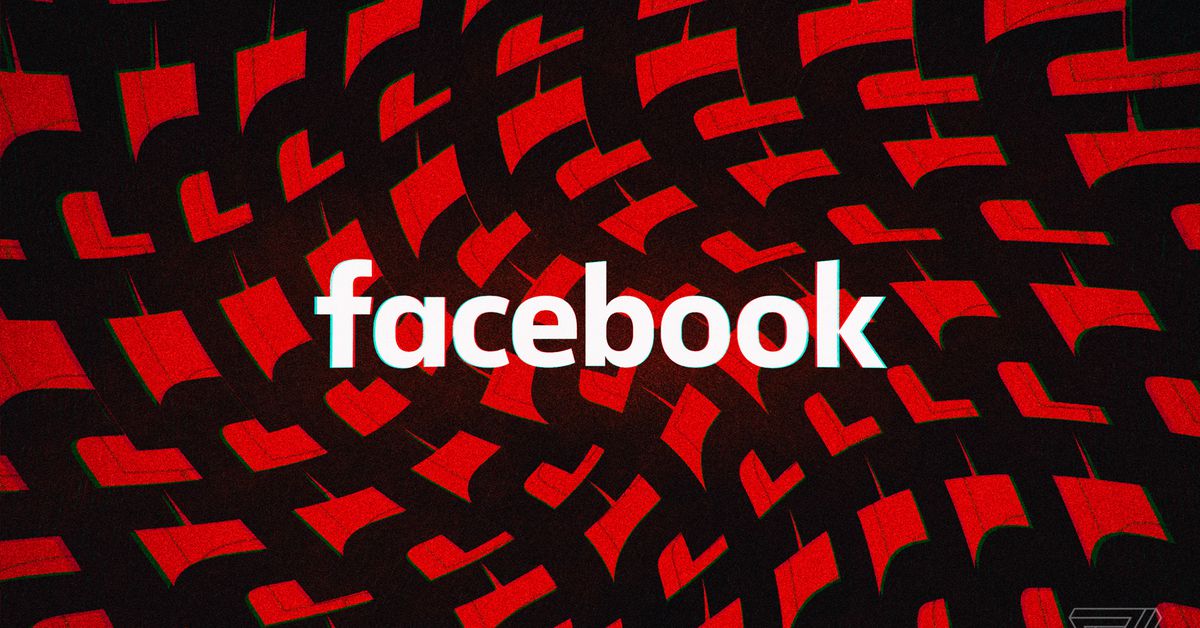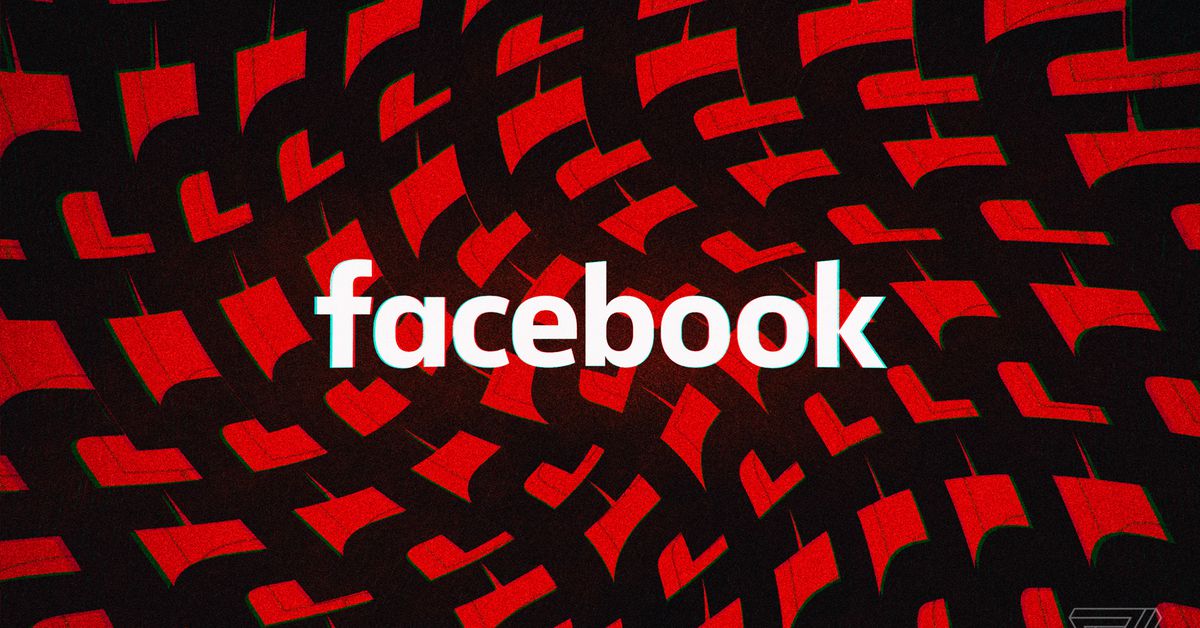
Facebook’s decision not to take action against recent posts about mail-in ballots and the Minnesota protests by President Trump is roiling employees, some of whom are calling on executives to reconsider their stance. In response to an internal post explaining the company’s rationale, some employees criticized the company’s neutral posture.
“I have to say I am finding the contortions we have to go through incredibly hard to stomach,” one employee wrote in a comment about the shooting post. “All this points to a very high risk of a violent escalation and civil unrest in November and if we fail the test case here, history will not judge us kindly.”
On Tuesday Twitter labeled two tweets about mail-in voting as “potentially misleading” for suggesting the practice would lead to a rigged election. Early Friday morning, Twitter placed another tweet behind an interstitial warning for “glorifying violence” because it included the sentence “when the looting starts, the shooting starts.” In all cases, the tweets were cross-posted to Facebook.
“if we fail the test case here, history will not judge us kindly.”
In between those events, Monika Bickert, the company’s vice president of global policy management, wrote a lengthy post on Workplace, the company’s internal version of Facebook, laying out the company’s rationale for not taking action on the mail-in ballot post.
“We reviewed the claim and determined that it doesn’t break our rules against voter interference because it doesn’t mislead people about how they can register to vote or the different ways they can vote,” Bickert wrote Thursday in a post that received more than 700 comments. “If it had, we should have removed the post from our platform altogether because our voter interference policy applies to everyone, including politicians.”
She continued: “That said, we do not believe that a private technology company like Facebook should be in the business of vetting what politicians say in the context of a political debate. As is the case with the President’s tweets, speech from candidates and elected officials is highly scrutinized and debated. We think people should be allowed to hear what politicians say, make up their own minds and hold politicians to account.”
But then Trump cross-posted to Facebook a tweet that seemed to suggest that violent action be taken against people protesting the death of George Floyd at the hands of Minnesota police. “Would it be possible to explain in more detail the interpretation of our community standards?” one employee asked. “Does this post violate them but get an exemption, or is it not violating?”
But by mid-afternoon Pacific time on Friday, employees had not received a response — and they were beginning to grow frustrated. “It’s egregious that nobody from policy has chimed in or provided any sort of context here,” one employee said. When another employee defended Facebook’s silence by suggesting that top executives were likely debating their next steps, the original poster replied: “They’ve already made an official decision by keeping the post up after it’s been reported. They should communicate their justification for the decision.”
“we do not believe that a private technology company like Facebook should be in the business of vetting what politicians say.”
Another employee suggested that no one had responded to them “because Facebook’s community of employees has demonstrated many times that private deliberations will be leaked to the press and taken out of context.”
“I don’t think employees are asking anything here that the public doesn’t deserve to know,” a colleague responded. But another post viewed by The Verge suggests that an initial review of Trump’s “shooting” post “was deemed to be non-violating.”
“Makes me sad and frankly ashamed,” one employee wrote in response. “Hopefully this wasn’t the final assessment? Hopefully there is still someone somewhere discussing how and why this is clearly advocating for violence?”
Wrote another: “It’s been said previously that inciting violence would cause a post to be removed. I too would like to know why the goals shifted, and where they are now.”
Another employee compared working at Facebook to a comedy sketch by the duo Mitchell and Webb in which two SS officers are talking during World War II and one asks the other, “Are we the baddies?” “Waking up every morning at FB now and having this run through my head, immediately followed by ‘yes, apparently,’” the employee wrote, above a GIF of the sketch.
“It’s honestly really hard for me to take seriously the words of support from our leadership this morning if we allow content like this on our platform,” someone wrote underneath the Mitchell and Webb post. “Whatever we are getting from not acting on this, is it worth allowing clear, violent threats against Black protesters?”
Facebook had no immediate comment.
